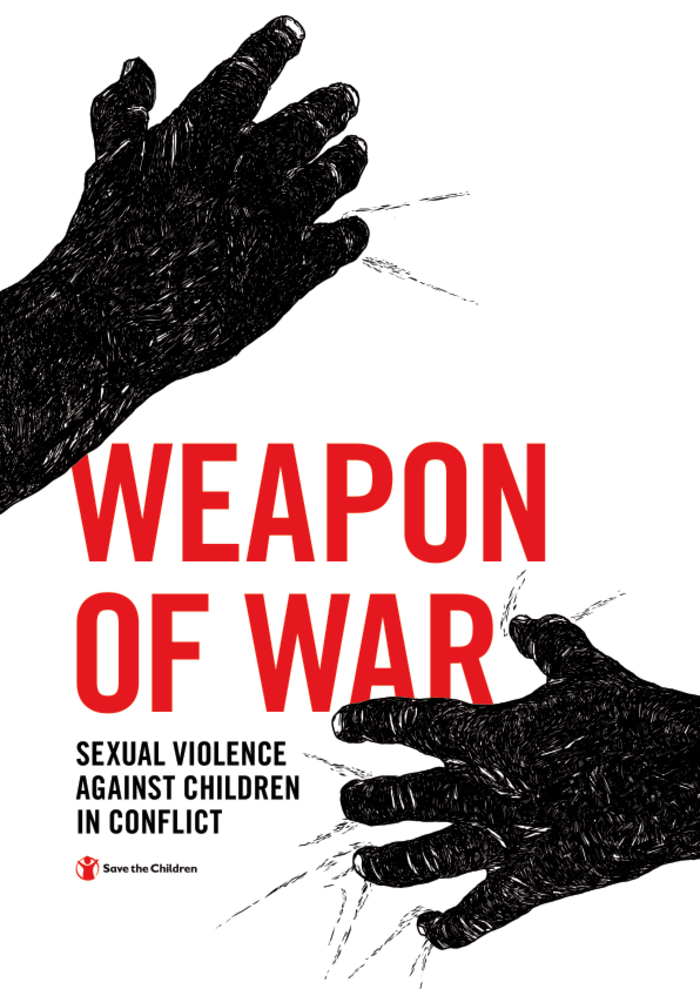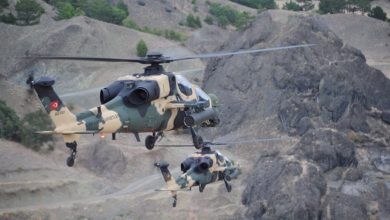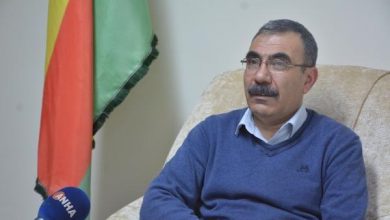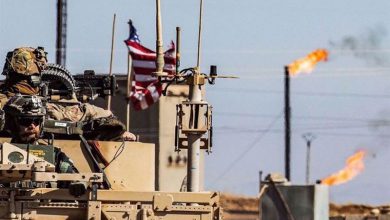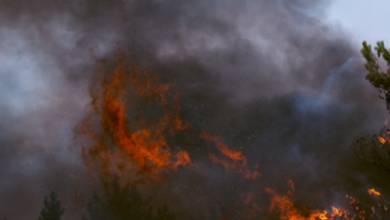The previous reports of the Iranian Kurdistan Human Rights Watch (IKHRW) on various crimes against children, mentioned that the United Nations Security Council, officially addressed the issue of the presence of children in war and internal and international armed conflicts in 1996.
At the same time, the United Nations General Assembly sought to collect information on the problems of war-affected children, raise awareness and strengthen international cooperation to protect them. In 1999, the first resolution on children and armed conflicts was adopted by the UN Security Council, and put the issue of war-affected children on the agenda of this council. This resolution also identified and condemned six serious violations that had affected large numbers of children during the war and asked the Secretary General to submit a report on this issue. Ending and preventing these six serious violations is the focus and duties of the Special Representative.
The six serious violations that are basis of collecting information and reporting violations that affect children:
- Killing and maiming of children;
- Recruitment or use of children as soldiers;
- Sexual violence against children;
- Abduction of children;
- Attacks against schools or hospitals;
- Denial of humanitarian access for children.
In this short note, sexual violence against children will be studied. Especially since it occurs more than ever during internal and international conflicts by groups involved. In this context, non-governmental armed groups (militants) are more involved in this incident than the involved parties due to not being under supervision. As mentioned, sexual violence against children during the conflict is one of the six serious violations recognized and condemned by the UN Security Council. Ending these violations and preventing them is also the focus of the work and support of the Special Representative. Sexual violence is increasingly a feature of armed conflict and is often perpetrated against boys and girls in the absence of law. In some cases, sexual violence has been used as a war tactic to humiliate a population or force displacement.
Sexual violence can also be used in a strategic or tactical way by parties to armed conflicts. In all cases, it has devastating consequences, primarily for the victims themselves. But it also has negative effects for the relatives of the victims, feelings of humiliation and guilt that could not protect their children. It may also have consequences for entire communities, causing fear and destruction of the society.
Rape and sexual violence can also be constituent elements of other crimes under international law. The International Criminal Tribunal for the former Yugoslavia declared that rape can amount to torture. Also, the International Criminal Court of Rwanda declared that rape and sexual violence can be genocide when the specific conditions of genocide are met.
Devastating consequences
1) Children who experience sexual violence suffer from long-term psychological trauma, harmful health outcomes including transmitted infections and pregnancies. Reintegrating them into society is a bigger challenge; because different societies often slander girls who have been associated with armed groups and are suspected of rape, and hardly accept them.
2) Young mothers of babies who are born as a result of sexual rape are often forced to continue living with the armed group due to family ties and dependence and also to avoid social stigma in less developed societies. These girls and their children are especially vulnerable to all kinds of exploitation, including prostitution and trafficking, so need special protection.
3) Early marriage among girls is another common problem among children in conflict zones. Families that cannot financially support their children marry them off to wealthier families that can take care of them. The parents of these girls believe that a married girl will have a safer position against violence and sexual harassment. The result of all these arguments is that girls are in danger of getting married at the age of 11; these girls are highly unlikely to ever return to school, and many others must fear these forced early marriages in addition to the fear of poverty and war.
Prohibition in international law
Rape and other forms of sexual violence against children are human rights violations and may be serious violations of international humanitarian law. If sexual violence is committed as part of a widespread or systematic attack against a civilian population, it can be considered a war crime against humanity under the ICC Statute. Based on Security Council Resolution 1882 (2009), the Council designated sexual violence against children as a critical priority and asked the parties to the armed conflict to prepare and implement action plans to deal with it. Sexual violence is also a trigger for being in the Secretary-General’s list of parties to the conflict that commit serious violations against children.
There is special importance on protecting children and adolescents from sexual violence on articles 19 and 34 of the Convention on the Rights of the Child. Article 19 emphasizes countries have obligation to protect children against any violence, including sexual violence. According to Article 34 of the Convention, countries must explicitly undertake to protect children from any sexual exploitation and abuse.
Article 34 clearly states:
States Parties undertake to protect children against all forms of sexual abuse and exploitation. For this purpose, countries should especially take national, bilateral and multilateral measures to prevent the following:
- a) Encouraging or involving children to engage in any illegal sexual activities;
- b) Exploitative use of children in prostitution and other illegal sexual acts;
- c) Exploitative use of children in pornographic acts and materials.
Therefore, the government has an obligation to prevent and protect children from sexual abuse not only by state actors, but also by private actors.
What do the statistics say?
Statistics show that the number of children at risk of sexual violence today is ten times higher than in 1990. The number of children at risk fluctuates from year to year, but the upward trend is very clear. UNICEF estimates that the actual number is much higher, as the data provided only includes those confirmed through the UN’s monitoring and reporting mechanism on children in armed conflict. A process that was established in 2005 to systematically document the most serious violations and assaults against minors in conflict zones. In recent years, we have seen that the share of armed actors who commit sexual violence in conflicts is increasing.
Relationship of sexual violence with power and abuse of power
Sexual violence is often not related to sexual desire, but rather to power, dominance, and the abuse of power. This action, which is a violation of human rights, may be carried out by various criminals such as government actors, members of non-governmental organized armed groups, peacekeeping forces, members of private military and security companies, etc.
Sexual violence is not often committed in isolation, but is combined with other offenses such as unlawful killings, recruitment of children as soldiers, destruction of property or looting. It can have numerous (direct and indirect) causes, including the atmosphere of impunity that prevails in armed conflicts.
Research also shows that non-state armed groups that employ children perpetrate higher levels of sexual violence and it is seen as a form of socialization in an armed group, a tool for building group cohesion and bonds of loyalty. Some studies also show that non-state armed groups trained by governments are more likely to commit sexual violence and show how this violence can spread among armed actors as a normal “practice”. As a conclusion, it can be said that attention to sexual violence has now opened its place in international law and international humanitarian law and the procedure of international courts. Many armed groups are also monitored by international organizations in this area, including the United Nations.
Dr. Ali Farahmand – lawyer and human rights activist

